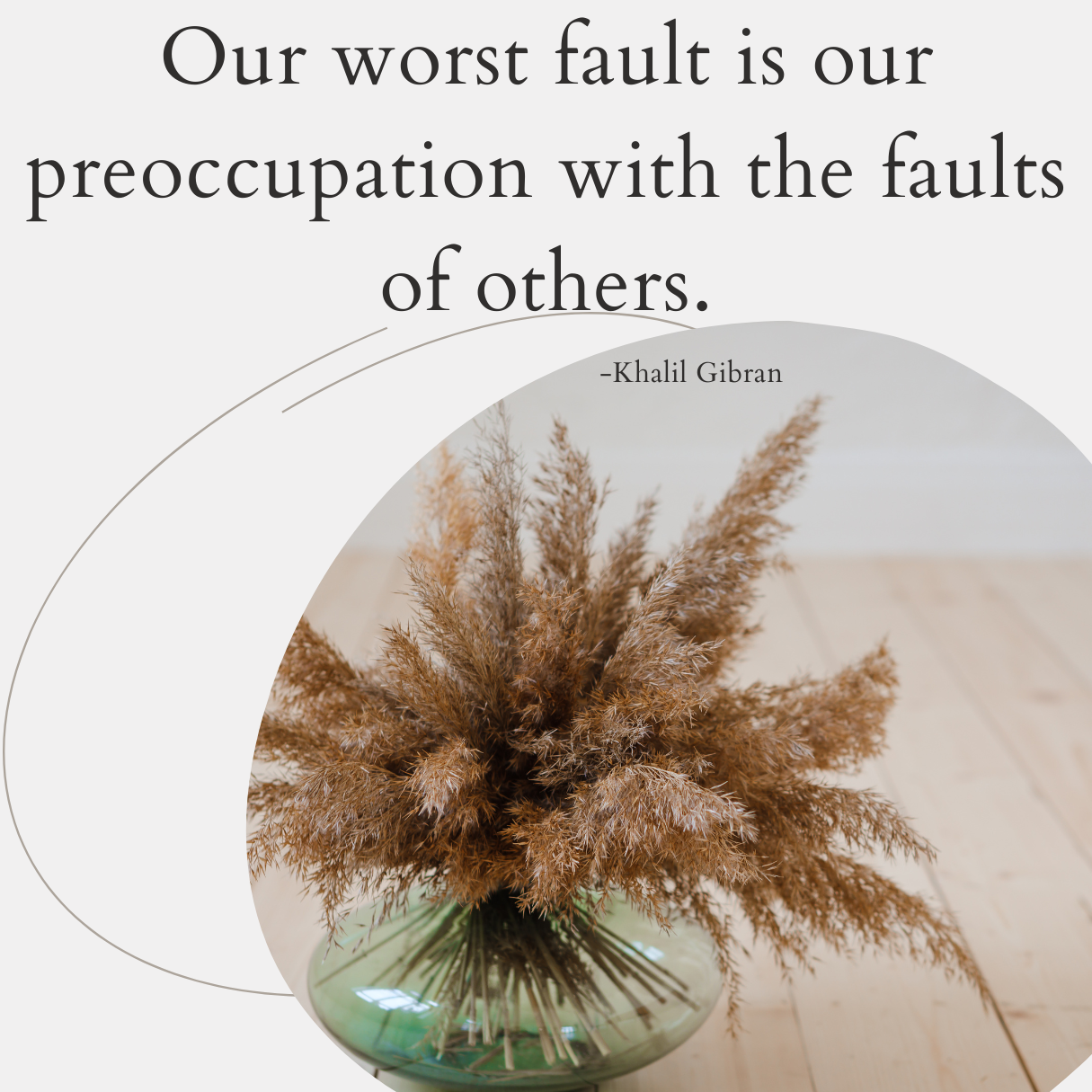Is it really your fault?
As children, many of us learn to internalize blame and feel responsible for things beyond our control.
But the truth is, everyone blames others for things they’re ashamed of, including ourselves.
We must recognize that unless we are explicitly taught otherwise, we may continue to believe that we are responsible for things that are not our fault. This can lead to a perpetual cycle of self-blame and self-defense.
In case you haven’t read the above sentence properly –
EVERYONE blames others for things they’re ashamed of, including OURSELVES.
However, it’s important to step back and ask ourselves if we are truly responsible when someone tells us something or if we feel like we are being blamed.

We must question how much of what we feel is really our fault. Acknowledging our feelings and saying what we need to say is okay.
So, how can we cope?
Before going to sleep, we should take a moment to question things we felt were our fault during the day (or whatever you can recollect from memory)
- If we believe it is, we can work to improve ourselves.
- But if we know deep down that it’s not our fault, we should remember that it’s not our fault this time.
Most importantly, what really helps, in my experience, is not trying to explain ourselves to others after this self-discovery. This gives us strength and allows us to act from a place of love and kindness.
Empathy and compassion towards ourselves and others can go a long way in breaking the cycle of blaming ourselves and others.